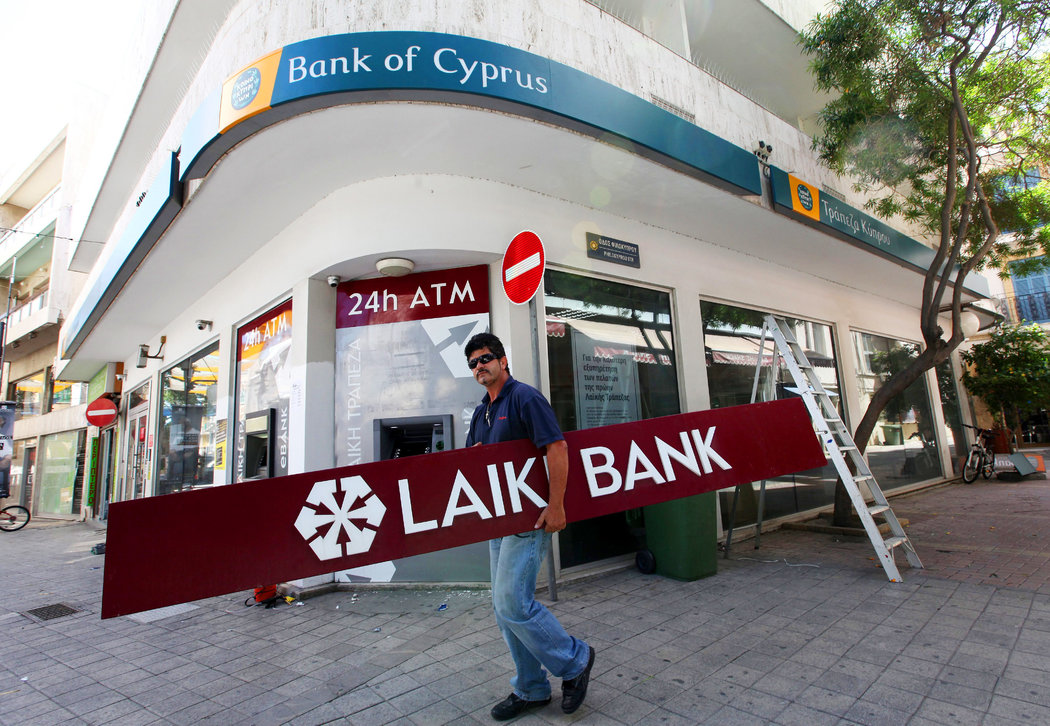The government seems to have had second thoughts on rushing through parliament a protectionist measure to prevent an American investment fund from taking over the Bank of Cyprus.
This bill was supposed to block Texas-based Lone Star’s takeover bid, which the bank’s management and board claimed would have been detrimental to major shareholders and customers.
The argument, citing ‘national security’, was to regulate all-out takeovers by third-country nationals and ensure that critical institutions do not fall into foreign hands.
As if Lone Star came from a pariah state or had the backing of the oligarchs who bought their Cypriot passports off the supermarket shelf.
The Finance Ministry, probably under pressure from shareholders and large borrowers, tried to fast-track the bill, which ultimately set new parameters in the case of takeovers, to ensure the ministry had the final say in such bids.
Ironically, the bill should have passed into legislation in 2019. And nobody seems upset that it didn’t.
Back then, the bank’s share price was unattractive and halfway through its downward path, it was still burdened with a huge portfolio of non-performing loans that, in turn, weighed heavily on any prospects and still carried an enormous payroll.
Who, in their right mind, would want to take over such a bank?
At the time, the investors who pumped in hundreds of millions to twice rescue the island’s leading lender in 2012-2013 would like to see a return on their investment, which is why they were pushing to streamline the bank and bring it back to profitability.
Now that it is gradually creeping back into the black, it has been flagged as a potential opportunity.
It had come a long way from when it was forced to absorb the bankrupt Laiki Bank, which saw its rise to glory and fall from 2006-2011, no thanks to the all-out takeover by Marfin Group, controlled by Andreas Vgenopoulos.
Politicians green-lighted the deal and all subsequent actions until the final nail was hammered into the coffin, with the exposure to toxic Greek government bonds and some shoddy, unsecured loans.
These same politicians, some of whom are still around today, stood by and watched as greed took over and small depositors saw their life savings disappear into thin air.
Lone Star’s third and final bid, seen by minority shareholders stuck with worthless paper they could not sell before, was now considered attractive at €1.51, with many prompting the bank’s management to negotiate a higher offer.
Many saw Lone Star as a Godsend, with the opportunity to sell their shares and pay off loans, free up their securities and, in some cases, rescue their homes and properties from the clutches of recovery vultures.
Banks no longer play a community, social or political role, so how would a takeover be deemed a national security threat?
Or is it that further streamlining the bank would have meant more cutbacks and layoffs and some property-backed loans ending up in foreign hands?










